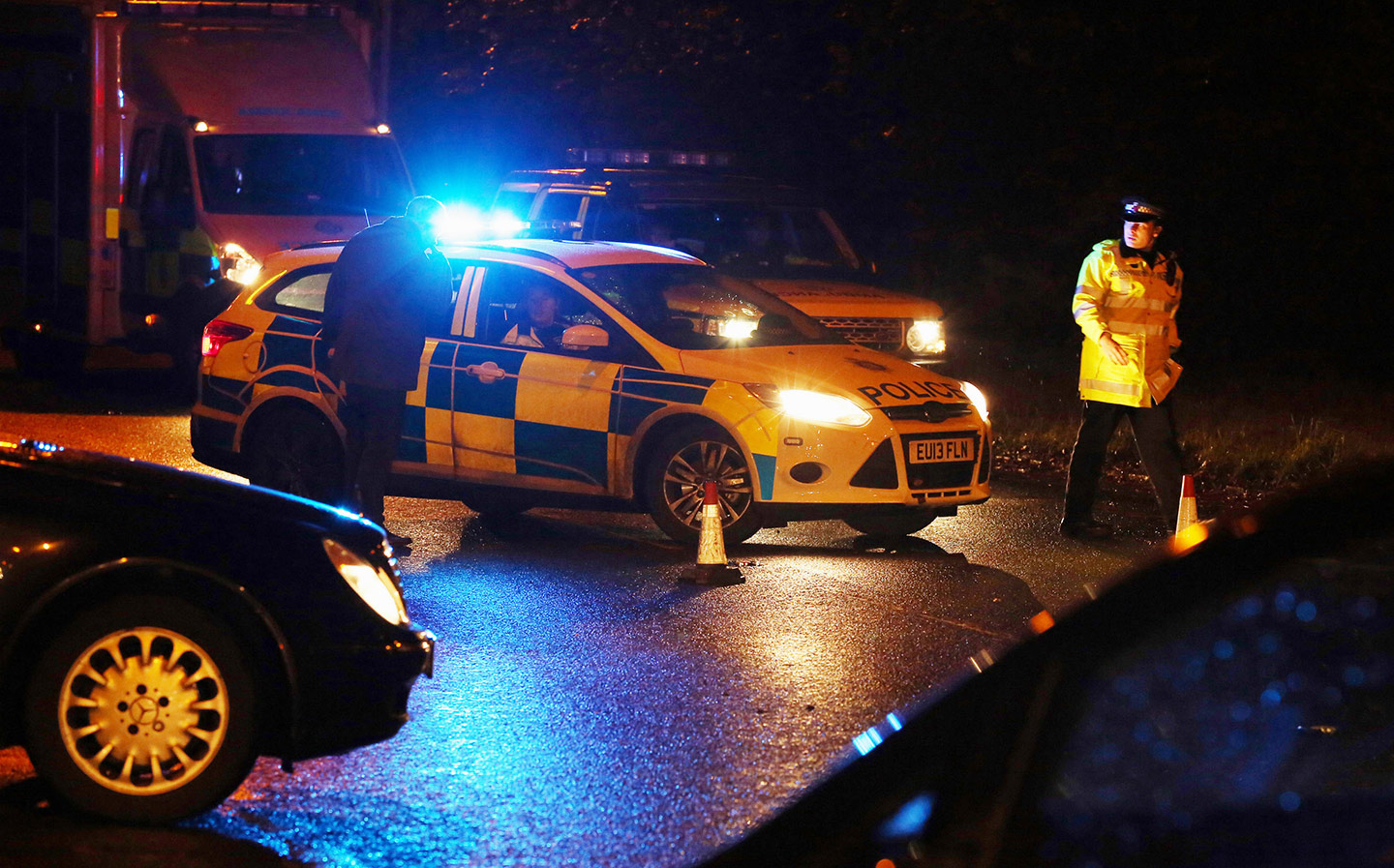Lack of sleep makes drivers as dangerous as drunks
Up to 10 per cent of motorway fatalities may be due to drivers falling asleep
DRIVERS WHO lose one or two hours of sleep the night before taking to the road double the risk of crashing their cars.
Being moderately sleep-deprived is as bad for road safety as being drunk, because reaction times grow longer and attention wanders more easily, American researchers have found.
Although road deaths in the UK have fallen to 1,700 a year — half the number at the turn of the millennium — about a tenth of fatal crashes are still thought to be the fault of tired drivers.
Browse NEW or USED cars for sale on driving.co.uk
An analysis of 4,571 accidents involving 7,234 drivers by the AAA Foundation for Traffic Safety in Washington suggests that even a little drowsiness can lead to a 30% increase in the risk of an accident. Missing four hours’ sleep can quadruple the odds and make a driver as dangerous as if they were over the limit for alcohol.
David Yang, the foundation’s executive director, said: “You cannot miss sleep and still expect to be able to safely function behind the wheel. Our research shows that a driver who has slept for less than five hours has a crash risk comparable to someone driving drunk.”
The risks may vary slightly in Britain, where drivers tend to cover shorter distances and death rates on the roads are lower. Yet polls by the British AA found that about a third of drivers sometimes drive in spite of being tired and a seventh often find themselves blanking out the road for the last few minutes of their journey. These are roughly equivalent to US findings.
Edmund King, president of the AA, said: “Even in the UK we estimate that up to 10% of motorway fatalities may be due to drivers falling asleep. The usual characteristics are lack of braking before impact and single vehicle collisions.
“Obviously the ideal sleep requirements vary between individuals. Mrs Thatcher was known to have only required four hours’ sleep per night, but normally had a chauffeur, which is not something most of us can rely on.
“The best advice for drivers is to be aware that if you have had a sleepless night, you might be more at risk on the roads, so don’t drive for long periods: take frequent breaks and top up with caffeine.”
Sleep and car crash risk
- 6-7 hours — 1.3 times normal risk
- 5-6 hours — 1.9 times
- 4-5 hours — 4.3 times
- Less than 4 hours — 11.5 times
Oliver Moody, Science Correspondent
This article first appeared in The Times





